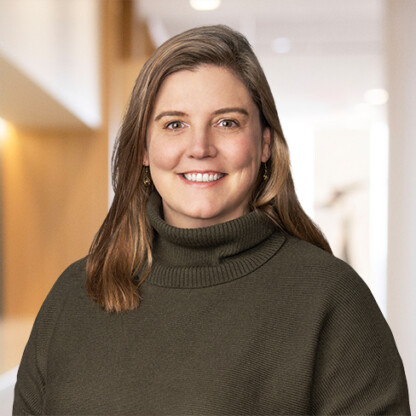Form PF Changes Ahead – the SEC Keeps Its Focus on Private Fund Advisers

On January 26, 2022, the Securities and Exchange Commission (“SEC”) voted 3-1 to propose amendments to Form PF1. The Form PF, which was initially adopted in 2011 and became effective on June 15, 2012, is a confidential report which certain SEC-registered private fund advisers must file with the Financial Stability Oversight Council (“FSOC”).
The Form PF is intended to assist the FSOC with respect to its obligations under the Dodd-Frank Act to monitor and assess systemic risks to the U.S. financial system and to provide regulators additional data to support their examinations, investigations and investor protection efforts. The amount of information reported in and the frequency of filing the Form PF varies, depending on both the types of funds the relevant adviser manages and the amount of the adviser’s regulatory assets under management (“AUM”).
SEC Chair Gary Gensler, who has indicated his support for the proposed amendments, stated the SEC and FSOC “now have almost a decade of experience analyzing the information collected on Form PF. We have identified significant information gaps and situations where we would benefit from additional information.”2
The proposed amendments are summarized in the SEC’s 236 page Release No. IA-59503. Key proposals would:
- Expand Private Equity Fund Adviser Reporting: Currently, “large private equity fund advisers” (i.e., private equity fund advisers with at least $2 billion in AUM) must complete certain additional sections of the Form PF. If adopted, the new rules will lower this threshold to $1.5 billion. In addition, the SEC is proposing amendments to Section 4 of the PF requiring more disclosures from large private equity fund advisers of portfolio company-level information, such as use of leverage, controlled portfolio companies and their borrowings, investments in different levels of the same portfolio company’s capital stack, and portfolio company restructurings or recapitalizations.
- Introduce Real Time Reporting for Certain Large Private Fund Advisers Experiencing Significant Reporting Events: The SEC stated that, since investment advisers are only required to file Form PF within varying periods of time after their fiscal quarter-end or fiscal-year end, “Form PF data is often stale.”4 Under the proposed amendments, both large private equity fund advisers and hedge fund advisers with at least $1.5 billion in AUM would be required to file special reports within one (1) business day of the occurrence of certain reporting events indicating “significant stress at a fund that could harm investors or signal risk in the broader financial system,” such as (i) for large private equity funds, sponsor-led secondary transactions, exercise of GP or LP clawbacks, a GP removal, and a termination of a fund’s investment period, and (ii) for such hedge funds, extraordinary investment losses, counterparty defaults, certain margin events and investor redemptions.5
- Revise How Large Liquidity Funds Report Information, Mirroring Reporting Of Money Market Funds: The proposed amendments would require “large liquidity fund advisers” (i.e., liquidity fund advisers with at least $1 billion in AUM) to report substantially the same information that the SEC recently proposed to require money market funds to report on Form N-MFP.
The sole dissenting vote to the proposed amendments was cast by Commissioner Hester Pierce, who stated that, “Today’s proposal…represents a fundamental shift in Form PF’s scope and purpose” and “Form PF’s purpose is to facilitate FSOC’s monitoring of system-wide stability, not to inform the Commission about isolated trigger events affecting individual private funds.”6
The amendments’ focus on enhancing oversight and regulation of private fund advisers is consistent with recent statements made and risk alerts issued by the SEC.7 Market participants and the general public are invited to submit comments to the proposed amendments which can be done online8. The comment period for the proposed amendments will remain open for 30 days.
4 Id.
5 Id.
7 See Foley’s previous articles: “Private Equity and Hedge Funds Should Expect More SEC Scrutiny Ahead” and “Observations from Examinations of Private Fund Advisers”



